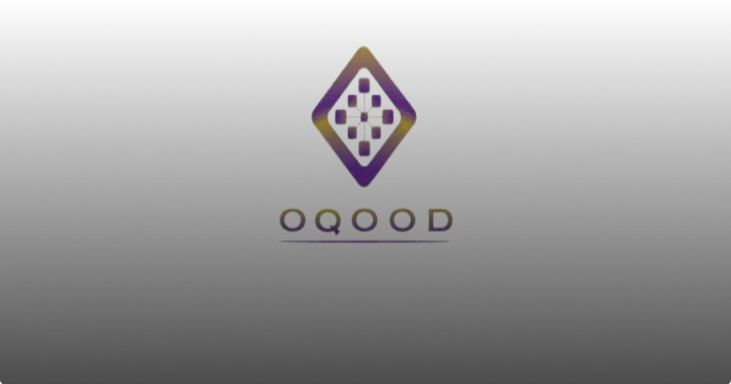
Oqood Dubai: Complete Guide to Registration and Process
Published :
Last Updated :

Published :
Last Updated :
Buying off-plan in Dubai? Then acknowledge yourself with the word “Oqood”. Introduced by the Dubai Land Department, this digital system is leveraged for pre-registration, where sales contracts between the buyers and developers are recorded in the Interim Real Estate Register.
Oqood in Dubai is a saver as it safeguards your interests long before the original title deed is issued. The system is mandatory under Dubai law, specifically to validate off-plan sales. Let’s unfold comprehensively what Oqood is, its step-by-step process, and the related frameworks behind it.

Dubai Law No. 13 of 2008 and Law No. 19 of 2020 regulate this registration process, clearly demonstrating the invalidity of off-plan sales that are not recorded on the Interim Register. Moreover, developers who fail to enter the pre-completion sales have to face penalties.
The Dubai Land Department has deliberately chosen the Arabic word “Oqood” that translates into “contracts”. It is an electronic system for entering off-plan sales agreements. When a buyer purchases a property under construction, it must be registered in the temporary property register- Oqood by the developer.
The outcome is an Oqood Certificate, which is proof that the particular off-plan properties sales is officially recorded with the Dubai Land Department. It is also essential to protect the sales by law until a final title deed is issued at completion.
Practically, this means that the buyer’s payment plan and unit details are charted with DLD earlier, which alleviates disputes and fosters convenience in future resale or mortgage binding.
After signing the Sale and Purchase Agreement (SPA) and making the contractual upfront payments (typically 10-25% based on the project), the developer is responsible for initiating Oqood registration. The Oqood Certificate is commonly issued soon after the initial payment milestones and SPA; however, internal pooling by developers can affect the overall timeline.
Developers are required to legalize their properties before off-plan sales and registration in Oqood. The prerequisites include registration of off-plan units with DLD, acquisition of approvals, and opening of an escrow account. These essentialities safeguard buyers and confirm that all the payments flow through a monitored escrow tied to construction progress.
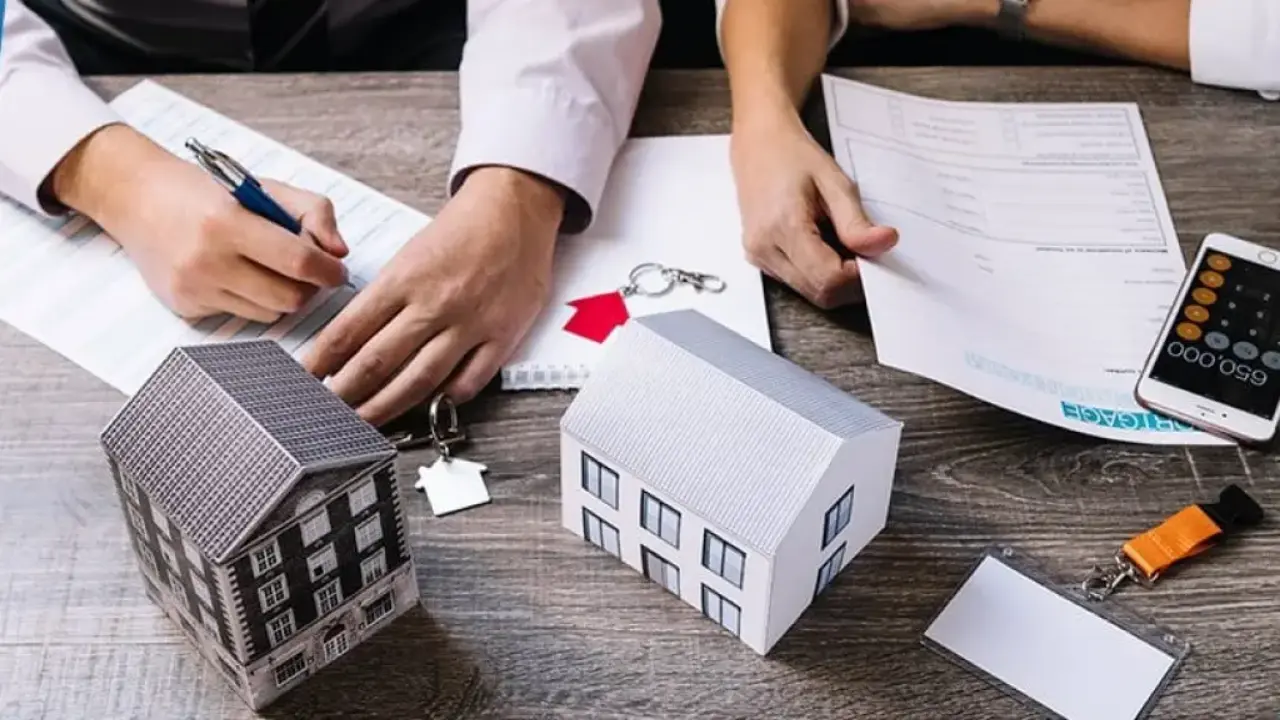
After executing the SPA with the developer and paying the agreed first installment (alongside DLD’s registration fee). The developer then proceeds to enter the initial sale in Oqood.
Using the DLD Oqood Portal, the developer submits the ownership details (payment schedule, unit information, and SPA). In addition, developers have to fulfill other specifications that demand the developer’s name, the size of the off-plan unit sold, its location, and the project’s completion time.
Usually, the Oqood registration fee is due on the buyer, while the developer is responsible for the calculation, collection, and submission of fees before the Real Estate Registration Directorate of DLD. After paying the specific amount, the buyer’s registration fee is processed and linked directly to the project. Escrow compliance is already effective from the earlier project registration and escrow account establishment.
After approval, DLD released the Oqood Certificate. The certificate is inscribed with the parties involved, unit number, price, and payment structure. It serves as the official evidence of off-plan ownership, while the title deed and completion are pending.
As buyers pay installments, the contract status becomes visible through integrated channels of the Dubai Land Department. Oqood registration then transitions to title deed issuance, eventually after completion and fulfilling all contractual obligations.
The developer must lodge registration by submitting several necessary documents, including:
Note: Developers must maintain project approvals and corporate licensing in DLD’s integrated systems.
Oqood fee is typically the core government cost, a DLD registration fee that commands 4% of the property value (standard across Dubai’s off-plan ventures). The load-bearing fee is usually budgeted by buyers before sales.
Dubai Land Department’s REST app is a lifesaver and the only website where buyers can verify their contract records.
Practical timelines depend on the developer and document submission. However, the overall process usually takes 3-7 working days. During this time, buyers make the necessary payments and submit the required documents to the developers, who then submit them for legal registration. This process is followed by the issuance of the Oqood Certificate that seals the contract, making it valid.
Note: Keep tracking the Oqood status through specific channels of DLD to clear the communication path with the developer.
Reselling an off-plan unit via an Oqood Certificate is possible before completion. However, the buyers are required to maintain compliance with the SPA condition and obtain developer approval via a No Objection Certificate (NOC). Buyer and seller typically settle the NOC fee and other charges, like the trustee fee (if applicable). It is also mandatory to ensure that Oqood shows live payment status and the correct parties. The documents required before selling an off-plan unit include:
Note: Before buying a resale off-plan unit, buyers must review the clauses in the SPA. Engaging a developer and a broker is also suggested for added smoothness.
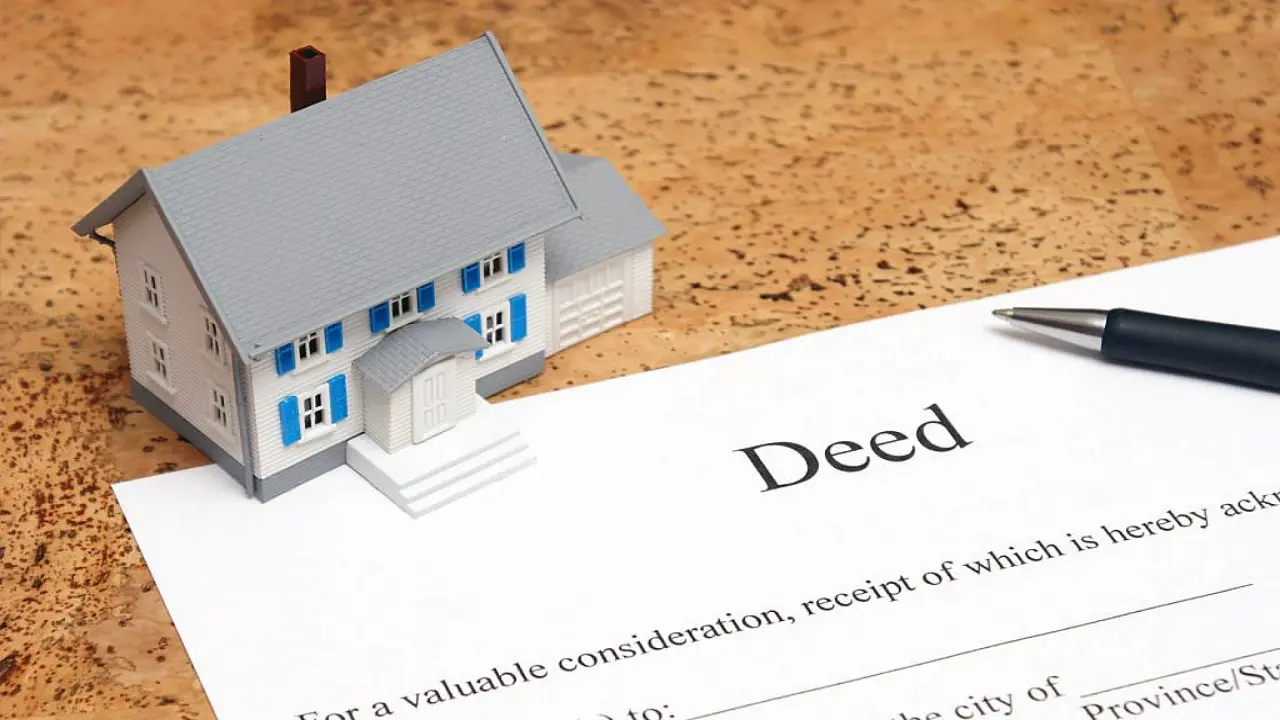
Registering an off-plan sale on Oqood is akin to the interim registration for off-plan purchases. Oqood Certificate is an in-hand proof of your contractual ownership during the development phase.
It is the final ownership document. The title deed is released after the completion of the property and the meeting of the contractual obligations. The file transitions from the Interim Register to the main Real Estate Register at completion. Settling all the payments and handover processes, however, is mandatory before issuing the title deed.
Oqood is the backbone of safe off-plan buying in Dubai. From validating purchasing to anchoring it in the Interim Real Estate Register, it keeps the path clear toward a final title deed. However, buying properties in Dubai opens profitable gateways, but it is necessary to buy only DLD-registered properties. Also, ensure the Oqood Certificate is issued on time and verify the process from the Dubai REST App.
With the suitable checks and documents, Dubai’s structured regulations promise a streamlined process that is both digitalized and user-friendly. That’s how the property market in Dubai safeguards buyers’ interests even before handover.

Your gateway to offline planning in the digital realm. Discover a world of real estate opportunities through our immersive offline property website experience
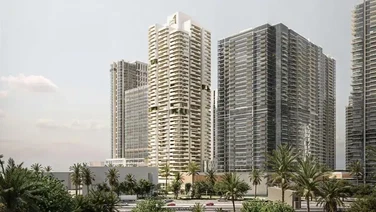
Apartments
Penthouses
Duplexes
AED 4,400,000
Al Wasl
2, 3, 4 & 5
1946 - 8253 Sq Ft
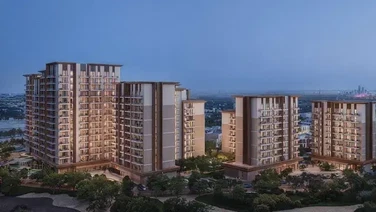
Apartments
AED 1,594,000
Expo City Dubai
1, 2 & 3
889 - 2403 Sq Ft
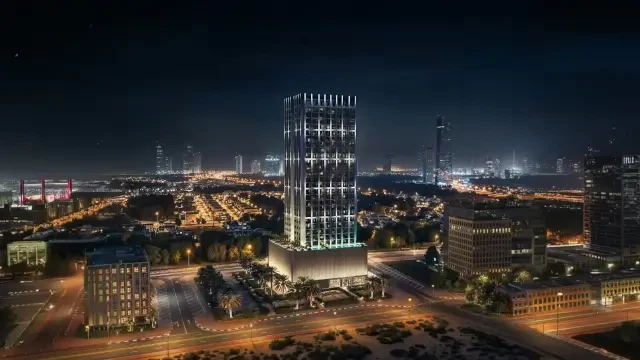
Apartments
Studios
AED 764,999
Jumeirah Village Circle
Studio, 1 & 2
341 - 1827 Sq Ft
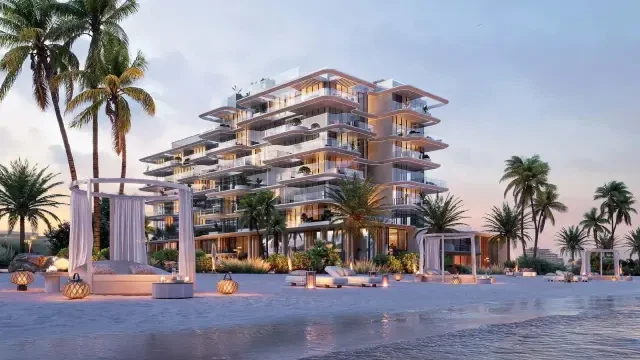
Apartments
Penthouses
Townhouses
AED 2,500,000
Dubai Islands
1, 2 & 3
898 - 3312 Sq Ft
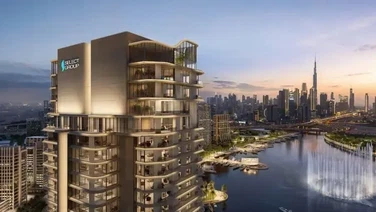
Apartments
Penthouses
Duplexes
AED Coming soon
Dubai Design District
1, 2, 3 & 4
738 - 7767 Sq Ft
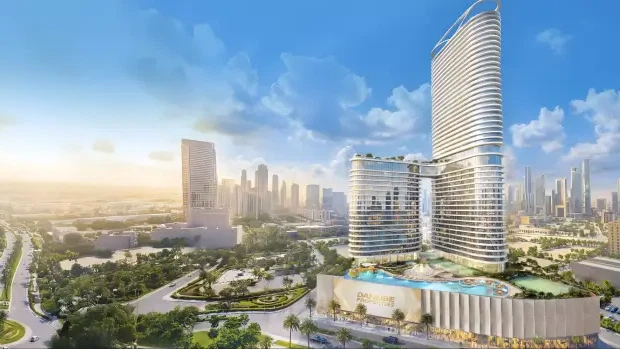
Apartments
AED 840,000
Jumeirah Village Circle
Studio, 1, 2 & 3
381 - 1326 Sq Ft

Apartments
Penthouses
Duplexes
AED 4,400,000
Al Wasl
2, 3, 4 & 5
1946 - 8253 Sq Ft

Apartments
AED 1,594,000
Expo City Dubai
1, 2 & 3
889 - 2403 Sq Ft

Apartments
Studios
AED 764,999
Jumeirah Village Circle
Studio, 1 & 2
341 - 1827 Sq Ft

Apartments
Penthouses
Townhouses
AED 2,500,000
Dubai Islands
1, 2 & 3
898 - 3312 Sq Ft

Apartments
Penthouses
Duplexes
AED Coming soon
Dubai Design District
1, 2, 3 & 4
738 - 7767 Sq Ft

Apartments
AED 840,000
Jumeirah Village Circle
Studio, 1, 2 & 3
381 - 1326 Sq Ft

Commercial
AED Coming soon
Damac Lagoons
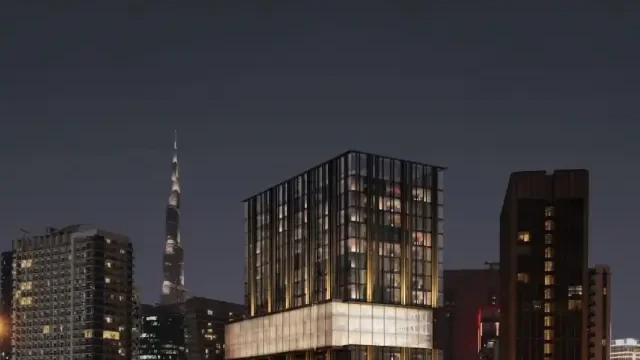
Commercial
AED Coming soon
Business Bay
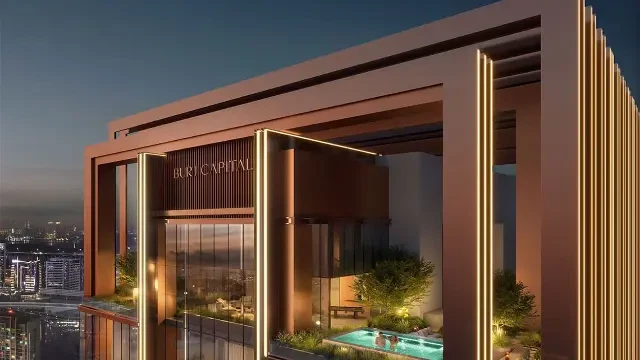
Commercial
AED Coming soon
Business Bay

Apartments
Commercial
Penthouses
AED 2,000,000
Meydan
1, 2 & 3
640 - 4244
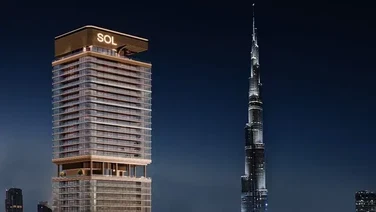
Apartments
Commercial
AED 1,900,000
Sheikh Zayed Road
1, 2 & 3
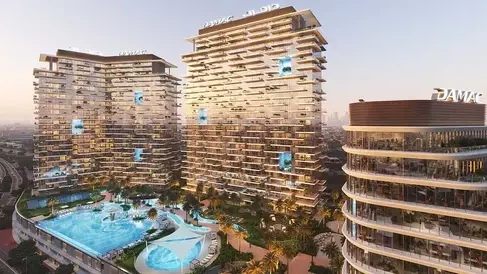
Apartments
Commercial
AED 1,142,000
Damac hills
1 & 2
740 - 6588 Sq Ft

Apartments
Penthouses
Duplexes
AED 4,400,000
Al Wasl
2, 3, 4 & 5
1946 - 8253 Sq Ft

Apartments
Penthouses
Duplexes
AED Coming soon
Dubai Design District
1, 2, 3 & 4
738 - 7767 Sq Ft
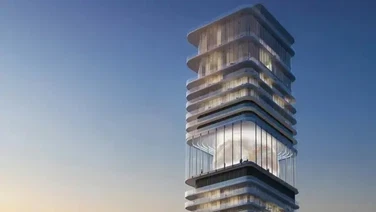
Apartments
Penthouses
Duplexes
AED 3,600,000
Downtown Dubai
1, 2, 3, 4, 5 & 6
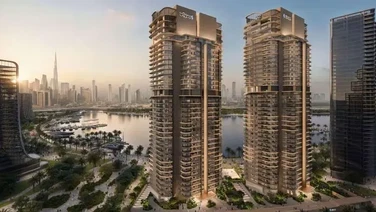
Apartments
Penthouses
Duplexes
AED 2,300,000
Dubai Design District
1, 2, 3 & 4
741 - 1988 Sq Ft
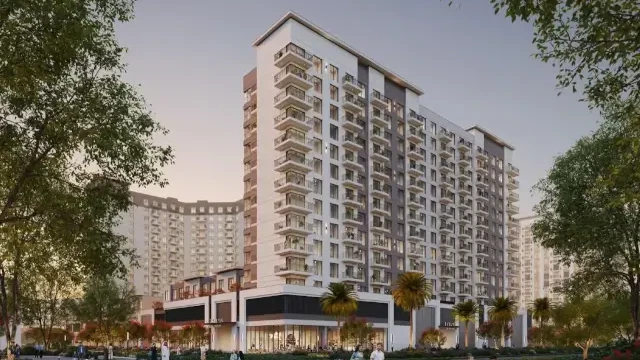
Apartments
Duplexes
AED 1,069,888
Town Square Dubai
1, 2 & 3
609 - 1808 Sq Ft
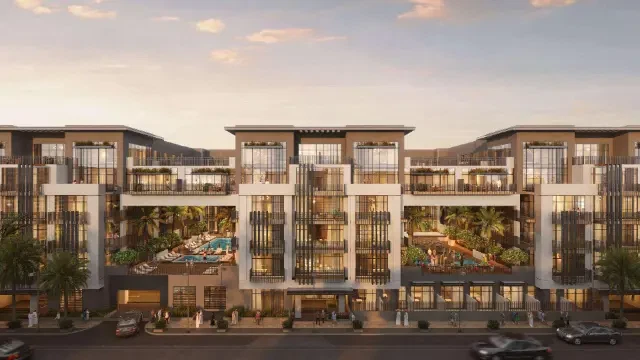
Apartments
Duplexes
Studios
AED 800,000
Jumeirah Village Circle
Studio, 1, 2 & 3
496 - 2,888 Sq Ft
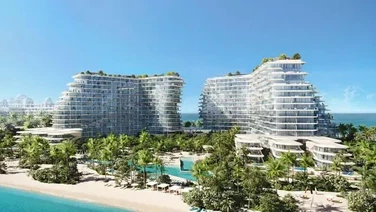
Apartments
Penthouses
Mansions
AED Coming soon
Palm Jumeirah
2, 3, 4, 5 & 6
1541 - 12382 Sq Ft
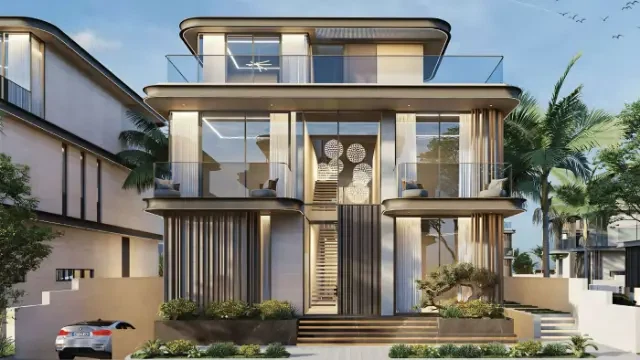
Villas
Mansions
AED 20,000,000
Mohammed bin Rashid City
5 & 6
13,007 - 13,568 Sq Ft
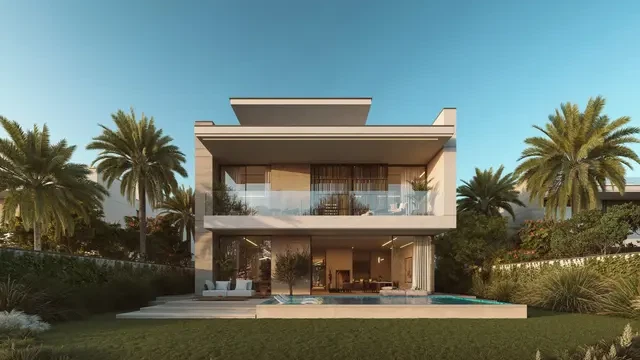
Villas
Mansions
AED 11,800,000
Jumeirah Golf Estates
4, 5 & 6
6069 - 10762 Sq Ft
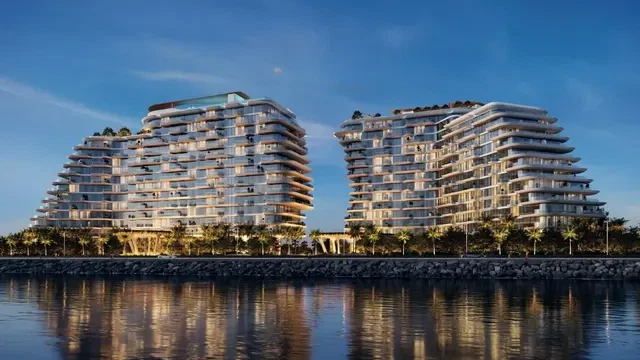
Apartments
Penthouses
Mansions
AED 5,500,000
Palm Jumeirah
1, 2, 3, 4, 5 & 6
940 - 11830 Sq Ft

Mansions
AED 65,000,000
Jumeirah
7
41550 - 49062 Sq Ft
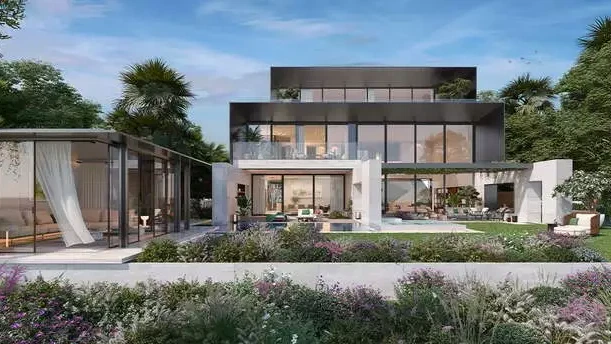
Mansions
AED Coming soon
Tilal Al Ghaf
6 & 7

Apartments
Penthouses
Duplexes
AED 4,400,000
Al Wasl
2, 3, 4 & 5
1946 - 8253 Sq Ft

Apartments
Penthouses
Townhouses
AED 2,500,000
Dubai Islands
1, 2 & 3
898 - 3312 Sq Ft

Apartments
Penthouses
Duplexes
AED Coming soon
Dubai Design District
1, 2, 3 & 4
738 - 7767 Sq Ft

Apartments
Penthouses
Mansions
AED Coming soon
Palm Jumeirah
2, 3, 4, 5 & 6
1541 - 12382 Sq Ft

Apartments
Penthouses
Duplexes
AED 3,600,000
Downtown Dubai
1, 2, 3, 4, 5 & 6

Apartments
Penthouses
Duplexes
AED 2,300,000
Dubai Design District
1, 2, 3 & 4
741 - 1988 Sq Ft

Apartments
Studios
AED 764,999
Jumeirah Village Circle
Studio, 1 & 2
341 - 1827 Sq Ft
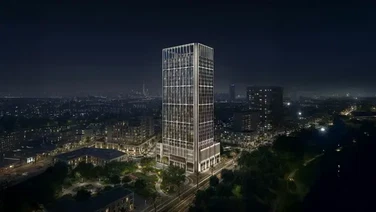
Apartments
Studios
AED 766,999
Jumeirah Village Triangle
Studio, 1 & 2
336 - 1859 Sq Ft

Apartments
Studios
AED Coming soon
Damac Lagoons
Studio, 1 & 2
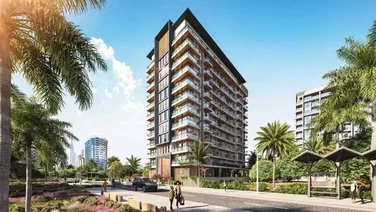
Apartments
Studios
AED 580,000
Dubai Land Residence Complex
Studio, 1 & 2
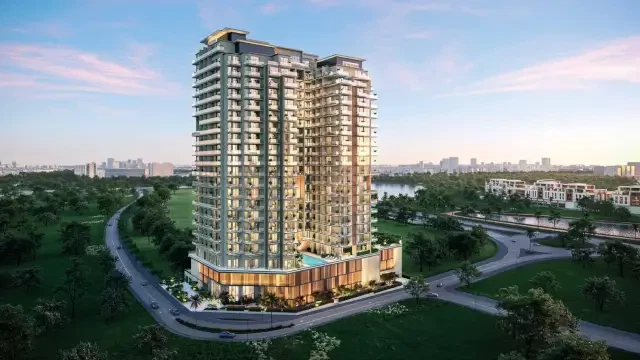
Apartments
Studios
AED 650,000
Dubai Production City
Studio, 1, 2 & 3
404 - 2092 Sq Ft
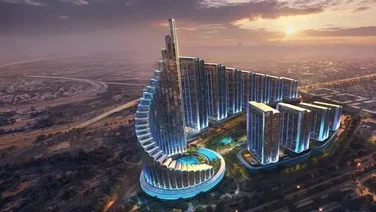
Apartments
Studios
AED 1,600,000
Meydan
Studio, 1, 2 & 3
370 - 1568 Sq Ft

Apartments
Penthouses
Townhouses
AED 2,500,000
Dubai Islands
1, 2 & 3
898 - 3312 Sq Ft

Villas
Townhouses
AED Coming soon
Dubailand
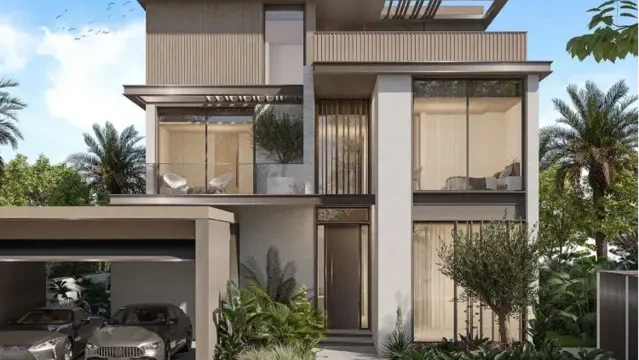
Villas
Townhouses
AED 6,150,000
Nad Al Sheba
3, 4 & 5
3252 - 5650 Sq Ft
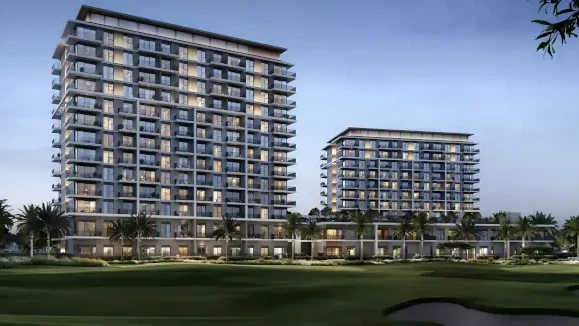
Apartments
Townhouses
AED 1,270,000
Emaar South
1, 2 & 3
788 - 2728 Sq Ft
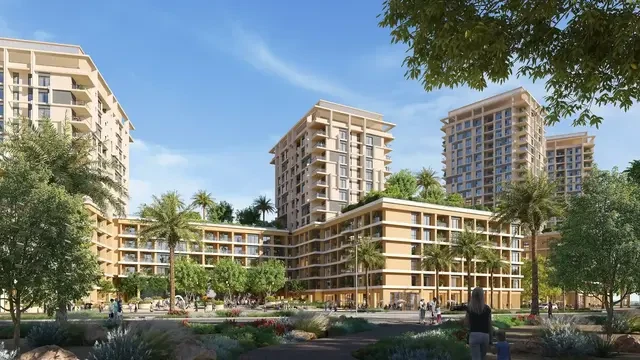
Apartments
Studios
Penthouses
Townhouses
Duplexes
AED 900,000
Wasl Gate
Studio, 1, 2, 3 & 4
523 - 1982 Sq Ft

Villas
Townhouses
AED Coming soon
Dubai Investments Park
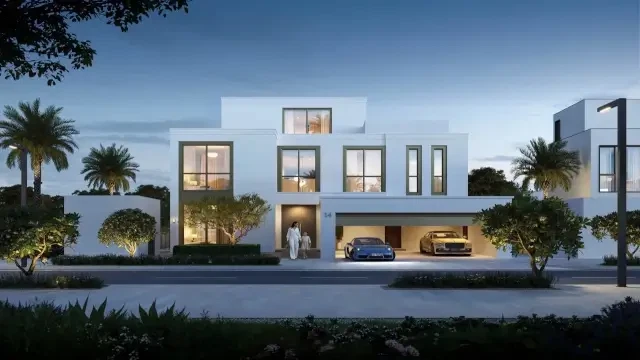
Villas
AED 16,550,000
The Oasis
4, 5 & 6
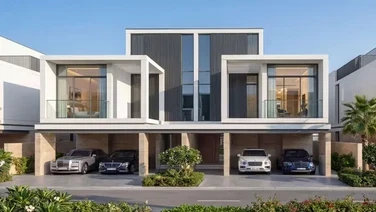
Villas
AED Coming soon
Sobha Sanctuary
4 & 5
2520 - 4154 Sq Ft
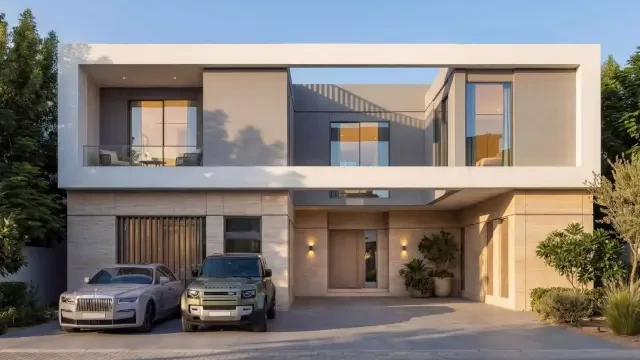
Villas
AED Coming soon
Sobha Sanctuary
4, 5 & 6
4905 - 7191 Sq Ft
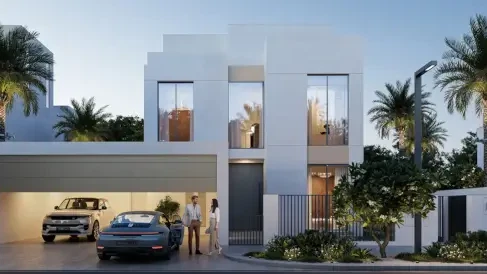
Villas
AED Coming soon
The Heights Country Club & Wellness
3, 4 & 5

Villas
AED Coming soon
Nad Al Sheba
3, 4, 5 & 6

Villas
Townhouses
AED Coming soon
Dubailand
Subscribe to our Daily, Weekly and Monthly Newsletters, Expert Advice and Latest Launch with Zero Spam, Unsubscribe Anytime.